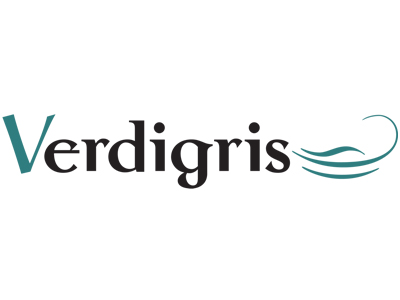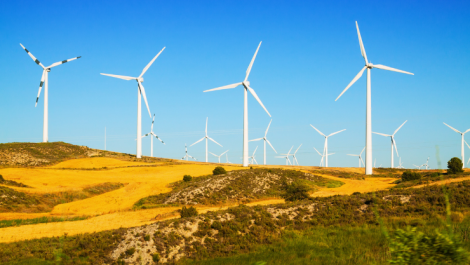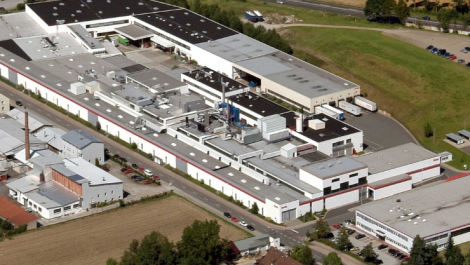As certifications go, this is probably not desperately exciting
to most people. But to the people behind the document (including
me), it is very exciting indeed, especially since SwissQPrint, a
leading manufacturer of large format digital printers, has achieved
certification within a few months of the document’s publication.
SwissQPrint is the first in its field to declare its energy
efficiency data according to ISO 20690 – Determination of the
operating power consumption of digital printing devices.
Establishing energy efficiency was one of the major drivers in
the development of ISO 20690 and it is very much hoped that other
companies in this sector will follow SwissQPrint’s lead. Ideally we
will have energy consumption data for multiple printing engines,
provided using a common means of calculating it. The standard is
based on work initiated by FOGRA, the German print industry
association. It’s not coincidental that FOGRA also provided
SwissQPrint with its certification, but mercantilism is what keeps
such organisations in the black. Being in the black means they are
all the better able to support their members. ISO 20690 explains
how to measure the electricity a digital production press uses,
based on various typical machine combinations including Best
Quality and Best Productivity. This is a standard for the printing
device, so it doesn’t apply to individual components such as the
fans or compressors. The energy usage information of individual
device components is obviously interesting to manufacturers, but
it’s less interesting to printing companies who want to know the
overall energy requirement of a device. The energy calculation is
important for cost of ownership calculations and for working out
the overall carbon footprint of the device and the prints it
produces.
SwissQPrint worked with FOGRA to establish that according to
FOGRA’s tests the Nyala large format printer has “excellent” energy
efficiency. This is a spongy qualifier, however FOGRA have made the
data available on their website so it can be compared with other
evaluations. ISO 20690 requires that a report is produced as part
of the certification process. The report must state the energy
efficiency of a tested device defined in square metres [of output]
per kilowatt hour. FOGRA will have produced a report that covers in
great detail how the Nyala was tested because the standard requires
a summary of the basic device details. This includes its
configuration and set up for various production modes, measured
power usage and energy efficiency, plus any additional information
relevant to the evaluation process. Ideally it should be possible
to replicate the results in repeat testing by different people.
This makes the standard and data obtained robust and valuable for
comparison purposes.
ISO 20690 is all about helping companies to make informed
investment decisions, when it comes to hardware purchases that use
lots of power. SwissQPrint has hopefully started the ball rolling
and we can expect many more certifications to ISO 20690 in the
coming months.
– Laurel Brunner
This article was produced by the Verdigris Project, an
industry initiative intended to raise awareness of print’s positive
environmental impact. This weekly commentary helps printing
companies keep up to date with environmental standards, and how
environmentally friendly business management can help improve their
bottom lines. Verdigris is supported by the following
companies: Agfa Graphics, EFI, Fespa, HP, Kodak, Kornit, Ricoh, Spindrift, Splash
PR, Unity Publishing and Xeikon.





